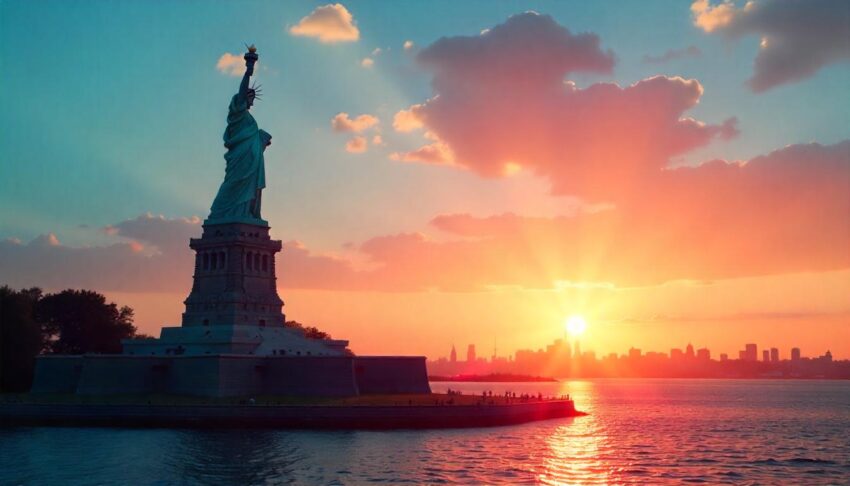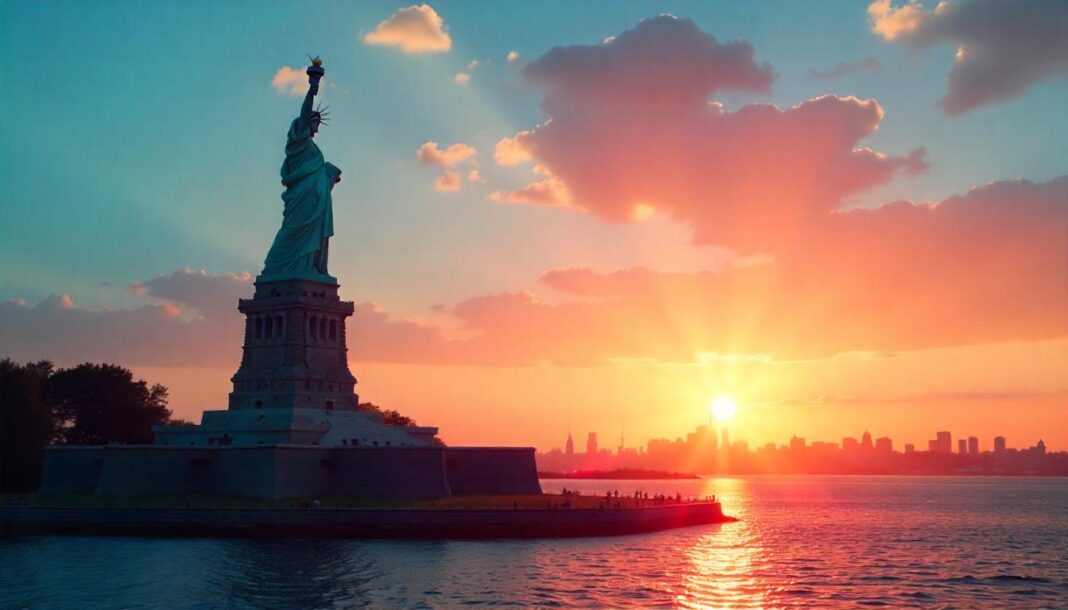Thursday, June 5, 2025

US has officially barred entry to citizens of Venezuela, Iran, Cuba, Sudan, Myanmar, Turkmenistan, and more than a dozen other nations in a sweeping new travel ban signed by President Donald Trump, who says the move is essential to protect Americans from growing security threats. According to the administration, these countries either harbor active terrorist groups, fail to verify the identities of travelers, or refuse to cooperate with U.S. authorities on visa enforcement and background checks. By blocking access from nations deemed high-risk or non-compliant, Trump’s team argues it is closing dangerous loopholes that could allow criminals or extremists to slip through unchecked — a strategy the White House says is not about isolation, but about defending national safety with stronger borders and tougher screening.
The United States is once again tightening its borders. President Donald Trump has officially signed a sweeping new proclamation that blocks citizens from more than a dozen countries from entering the country, pointing to national security as the reason behind the decision. The restrictions kick in on June 9, 2025, at 12:01 a.m. EDT, and they’re already sparking strong reactions both at home and abroad.
The move is part of a broader immigration strategy Trump has pushed since returning to office, aimed at shutting out individuals from nations the administration considers either unsafe or uncooperative when it comes to verifying travelers’ identities. The message is clear: if a country can’t prove who it’s sending, its people won’t be allowed in.
Full Entry Ban Hits Twelve Countries
Twelve nations have now been placed under a full travel ban. That means citizens from Afghanistan, Myanmar, Chad, Congo, Equatorial Guinea, Eritrea, Haiti, Iran, Libya, Somalia, Sudan, and Yemen can no longer enter the U.S. under most circumstances. The White House says these countries either host known terrorist groups, have poor border control systems, or simply don’t share enough security data with American authorities.
This isn’t the first time Trump has gone this route. Back in his first term, he rolled out a similar ban that faced years of backlash before the Supreme Court upheld it. This time, the list is even longer—and the administration says it’s based on stricter assessments of national threat levels, visa overstay rates, and failure to meet international vetting standards.
Seven More Face Partial Restrictions
In addition to the full bans, Burundi, Cuba, Laos, Sierra Leone, Togo, Turkmenistan, and Venezuela now fall under partial restrictions. For travelers from these countries, the door isn’t fully shut—but it’s barely open. Many visa categories will be off-limits, and background checks are set to become more intense.
Venezuela is already feeling the impact. Hundreds of Venezuelan nationals with suspected ties to gang activity were deported earlier this year, and this new move tightens the grip even further. Trump’s team argues it’s about protecting American communities from those they say pose a risk—but critics say the policy unfairly targets people fleeing crisis zones.
One Incident Sparked National Debate
Fueling the urgency of the announcement was a recent incident in Colorado. A man threw a gasoline bomb into a crowd during a pro-Israel demonstration in Boulder. He turned out to be an Egyptian national who had overstayed a tourist visa. Egypt isn’t even on the ban list, but officials say the case exposed a glaring hole in the country’s visa enforcement system.
That event gave the administration ammunition to say more had to be done—and fast. Trump referenced it directly, saying the U.S. needs to know exactly who is coming through its borders and what their intentions are. “We will not allow people to enter our country who wish to do us harm,” he said in a statement.
Travel Dreams Put on Hold
The ripple effects have already started. In Thailand, a 31-year-old teacher from Myanmar was preparing for a U.S. State Department program this fall. She’d gone through a lengthy application process, secured recommendation letters, and had been accepted into an educational exchange to help universities improve digital learning tools.
Now, she doesn’t know if she’ll ever get her visa. Her story is just one of many—students, families, and professionals across the globe are watching their hopes of coming to the U.S. suddenly stall or collapse altogether. While the government clarified that visas already issued won’t be revoked, anyone applying from the listed countries after June 9 is likely out of luck.
Global Reactions Range from Silent to Sharp
Some countries responded immediately. Somalia’s leadership released a statement reaffirming their commitment to cooperation and expressing interest in working with the U.S. to address security concerns.
Others were far less diplomatic. Venezuela’s Interior Minister publicly slammed the policy, accusing the U.S. of discrimination and warning Venezuelans about traveling there at all. He called the U.S. “a serious risk” to his country’s people, adding that “they persecute our countrymen for no reason.”
Not every government had a comment. Officials in Afghanistan, Myanmar, and Pakistan stayed silent for now. But the silence doesn’t mean the impact isn’t real—especially in places like Islamabad, where thousands of Afghans waiting on U.S. resettlement decisions are now caught in limbo.
Back to Trump’s Old Playbook—Only Bigger
This travel ban marks a return to Trump’s hardline immigration playbook, only this time, the scope is wider and the language even firmer. Back in 2021, President Biden had rolled back Trump’s original ban, calling it a moral failure. Now, four years later, Trump is not only reinstating it—he’s doubling down.
He’s framed it as a national security issue, not a political one. He’s insisted that America has every right to decide who enters its borders and under what terms. Supporters say it’s about keeping dangerous individuals out. Critics call it a sweeping overreach that punishes ordinary people for the failures of their governments.
Full Travel Ban Applies to:
- Afghanistan
- Myanmar
- Chad
- Congo
- Equatorial Guinea
- Eritrea
- Haiti
- Iran
- Libya
- Somalia
- Sudan
- Yemen
Partial Restrictions Apply to:
- Burundi
- Cuba
- Laos
- Sierra Leone
- Togo
- Turkmenistan
- Venezuela
Whether this ban will achieve its stated goal of keeping America safer—or if it will trigger more diplomatic fallout and humanitarian headaches—remains to be seen. What’s clear for now is that for millions around the world, the door to the United States just got a lot harder to open.
Tags: Cuba, iran, myanmar, sudan, Tourism news, travel industry, Travel News, trump, Turkmenistan, US, Venezuela



